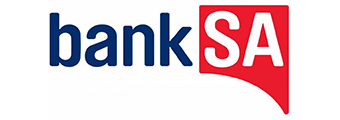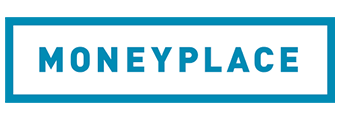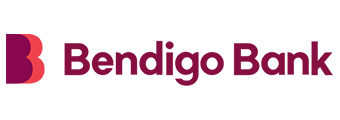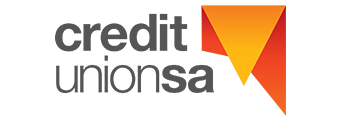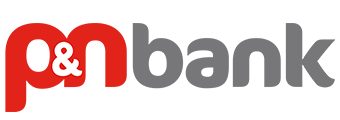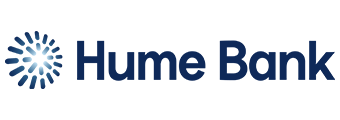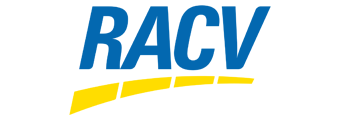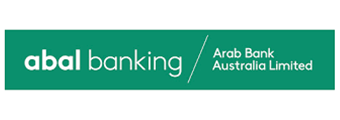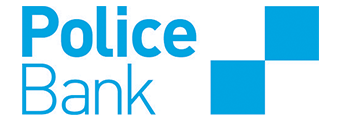Fact Checked
| Lender | Car Loan | Interest Rate | Comparison Rate* | Monthly Repayment | Interest Type | Secured Type | Early Exit Fee | Ongoing Fee | Upfront Fee | Total Repayment | Early Repayment | Instant Approval | Online Application | Tags | Row Tags | Features | Link | Compare | Promoted Product | Disclosure |
|---|---|---|---|---|---|---|---|---|---|---|---|---|---|---|---|---|---|---|---|---|
6.49% p.a. | 7.62% p.a. | $391 | Variable | Secured | – | $8 | $400 | $23,474 |
| Disclosure | ||||||||||
6.49% p.a. | 7.69% p.a. | $391 | Fixed | Secured | $150 | $12 | $250 | $23,474 | ||||||||||||
6.43% p.a. | 6.86% p.a. | $391 | Fixed | Secured | $0 | $0 | $0 | $23,440 | ||||||||||||
6.75% p.a. | 6.75% p.a. | $394 | Fixed | Secured | – | $0 | $0 | $23,620 | ||||||||||||
6.84% p.a. | 7.19% p.a. | $395 | Fixed | Secured | $0 | $0 | $250 | $23,671 | ||||||||||||
6.99% p.a. | 7.31% p.a. | $396 | Fixed | Secured | – | $0 | $225 | $23,756 | ||||||||||||
7.79% p.a. | 8.51% p.a. | $404 | Fixed | Secured | $20 | $5 | $150 | $24,211 | ||||||||||||
7.99% p.a. | 7.99% p.a. | $405 | Fixed | Secured | $0 | $0 | $0 | $24,326 | ||||||||||||
8.24% p.a. | 8.90% p.a. | $408 | Fixed | Secured | – | $5 | $199 | $24,470 | ||||||||||||
8.49% p.a. | 8.70% p.a. | $410 | Fixed | Secured | – | $0 | $150 | $24,614 | ||||||||||||
8.99% p.a. | 9.35% p.a. | $415 | Fixed | Secured | $0 | $0 | $250 | $24,904 | ||||||||||||
10.69% p.a. | 11.42% p.a. | $432 | Fixed | Secured | $0 | $0 | $499 | $25,906 |
Frequently Asked Questions
Fees will vary between lenders, however some common ones include application fees, ongoing fees, early exit fees and late payment fees.
You can definitely pay off a secured personal loan early, however, whether there are break fees involved in doing so will depend on your lender. You will be able to find any information about early repayments or settlements on your loan contract. Otherwise, you can contact your lender to find out.
Generally speaking, you can borrow anywhere from $2,000 to $50,000 for a personal loan. There are a few lenders that will even offer personal loans of up to $100,000. Each lender is different and your personal situation may affect how much you are able to borrow.
Again, this will come down to the lender you are borrowing through. But to give you an idea, there are a number of assets people generally use as security:
- New or used car
- Home equity
- Term deposit
- Other valuable assets (jewellery, high-value art, family heirlooms, etc)
Depending on how much you are looking to borrow and who you are looking to borrow through, the asset you can offer as security may vary.
Your lender may not choose to repossess your asset the first time you default on your loan, however, they have the right to. They may let you know beforehand that they will be repossessing your asset, or they may give you a period of time to make up your repayments before they do so.
If your lender decides to repossess your asset, they must send you a written notice within 14 days informing you of a few things:
- The estimated value of your asset
- The cost to repossess it
- Any other costs
- Your rights and obligations under the National Consumer Credit Code
Your lender can’t sell your asset within 21 days of issuing this written notice. So, if you are able to repay your outstanding balance within this time, you may be able to get your asset back. If you can’t do so within the 21 day period, they may sell your asset to recover their losses.


